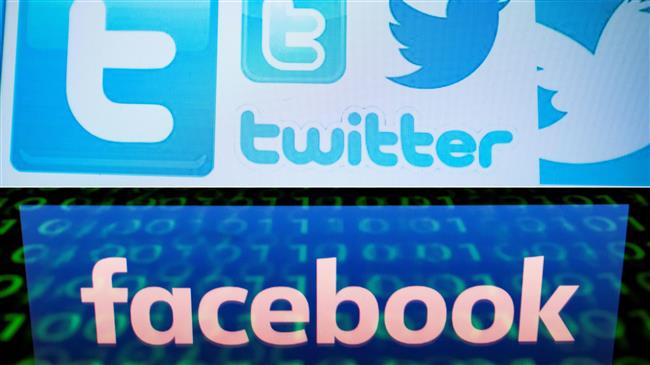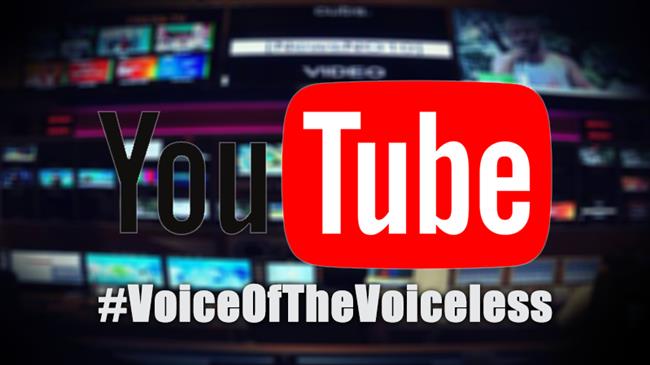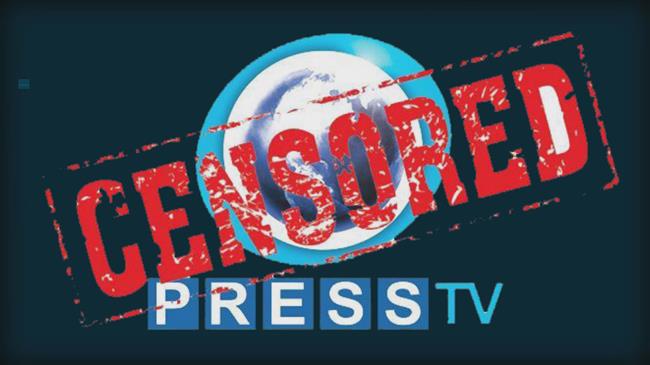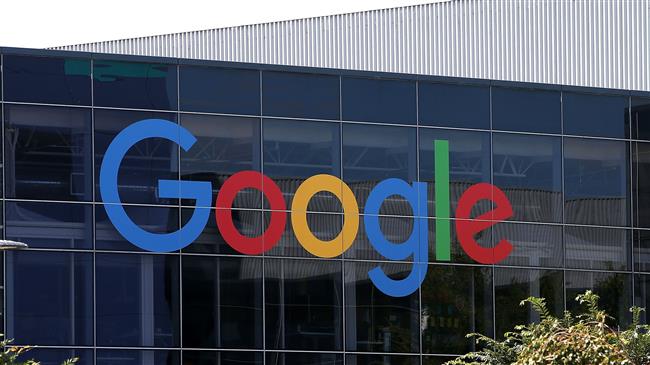Facebook, Twitter delete accounts linked to Iran, Russia, Venezuela with anti-west content
Facebook and Twitter say they have taken down hundreds of accounts they claim have been part of “coordinated influence operations” from Iran, Russia and Venezuela.
Facebook said it had removed 783 pages, groups, and accounts for "engaging in coordinated inauthentic behavior tied to Iran."
The accounts, some of which had been active since 2010, had garnered about 2 million followers on Facebook and more than 250,000 followers on Instagram.
The decision came after the Atlantic Council’s Digital Forensic Research Lab said the accounts had been designed to amplify views “in line with Iranian government’s international stances.”
“The pages posted content with strong bias for the government in Tehran and against the ‘West’ and regional neighbors, such as Saudi Arabia and Israel,” the center wrote in a blog post.
Several of the accounts focused on sharing content supporting Palestinians and condemning Israeli crimes in French, English, Spanish and Hebrew, while others were critical of Saudi policies, it said.
Twitter separately announced that it had deleted thousands of “malicious” accounts from Russia, Iran and Venezuela. The accounts had “limited operations” targeting the US midterm elections in November, the company alleged, and the majority were suspended prior to election day.
Back in August 2018, Facebook targeted hundreds of accounts allegedly tied to Iran and Russia under the pretext of fighting what it calls “misinformation” campaigns.
Among the accounts was one belonging to the Quest 4 Truth (Q4T) Iranian media organization, which promotes Islamic values.
A similar move was taken by Google against 39 YouTube channels at the time.
The channels reportedly belonged to the Islamic Republic of Iran Broadcasting (IRIB), which condemned the move as a “coordinated” campaign and a "clear example of censorship" aimed at preventing the dissemination of truth and alternative viewpoints online.
Three months later in October, Facebook deleted 82 more Iranian accounts, claiming that it had detected “coordinated activity” between the accounts earlier in the month.
Read more:
In September 2018, Iranian Foreign Minister Mohammad Javad Zarif harshly criticized Twitter for blocking the accounts of "real Iranians" but overlooking the "regime change" propaganda spewing out of Washington.
He said the accounts of real Iranians, including TV presenters and students, have been shuttered for allegedly being part of an "influence operation."
Hello @Jack. Twitter has shuttered accounts of real Iranians, incl TV presenters & students, for supposedly being part of an 'influence op'. How about looking at actual bots in Tirana used to prop up 'regime change' propaganda spewed out of DC? #YouAreBots https://t.co/dTs0diYrM4
— Javad Zarif (@JZarif) September 16, 2018
Earlier in January, the detention of Press TV anchor Marzieh Hashemi in the United States rose deep concerns among the world’s media activists and journalists, who launched a social media campaign with the hashtags #FreeMarziehHashemi and #Pray4MarziehHashemi in support of the detained journalist.
Hashemi's long detention without charge finally ended last Wednesday when she was released from a Washington jail. The newscaster’s ordeal is apparently over but Hashemi is taking a firm stance against the practices of the US judicial system.
Following her release, she said in a filmed statement that public support definitely played a part in her release and vowed to further protest rights violations in the US.
VIDEO | Jordanians continue rallies to denounce Israeli genocide in Gaza, Lebanon
6 Israeli soldiers commit suicide: Reports
Diplomat discourages recourse to pressure, intimidation, confrontation against Iran
UN: 2024 deadliest year for aid workers amid genocide in Gaza
Gaza health official warns of hospital shutdowns within 48 hours
Israel kills 5 more paramedics in southern Lebanon: Health ministry
Iran to launch ‘new, advanced’ centrifuges in response to IAEA resolution: AEOI
Yemen fires hypersonic missile at Israeli airbase











 This makes it easy to access the Press TV website
This makes it easy to access the Press TV website